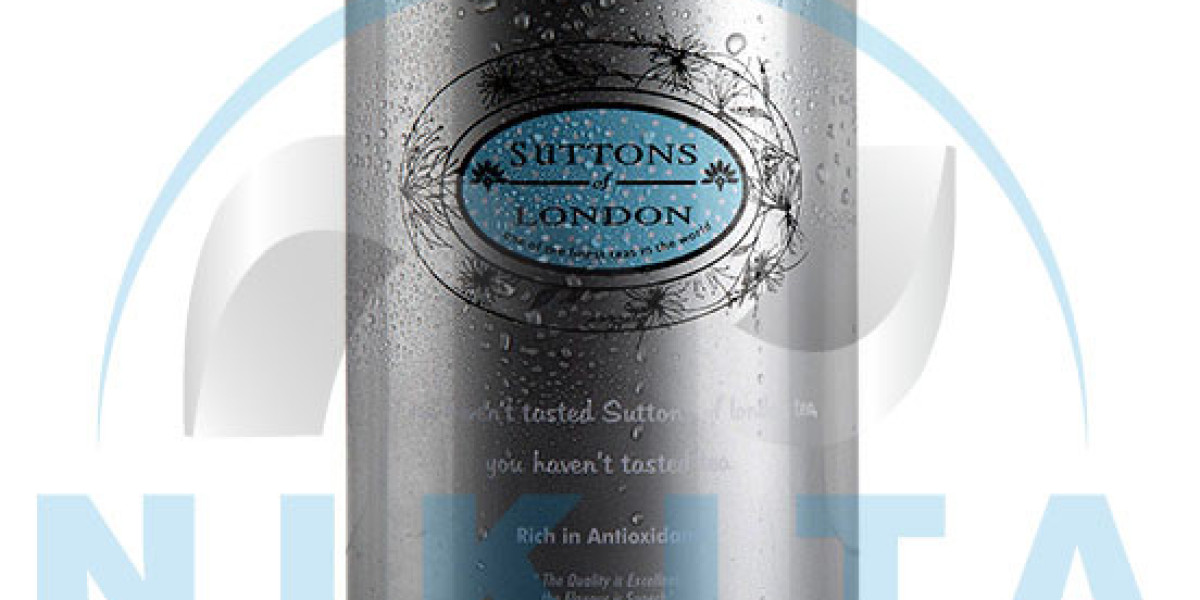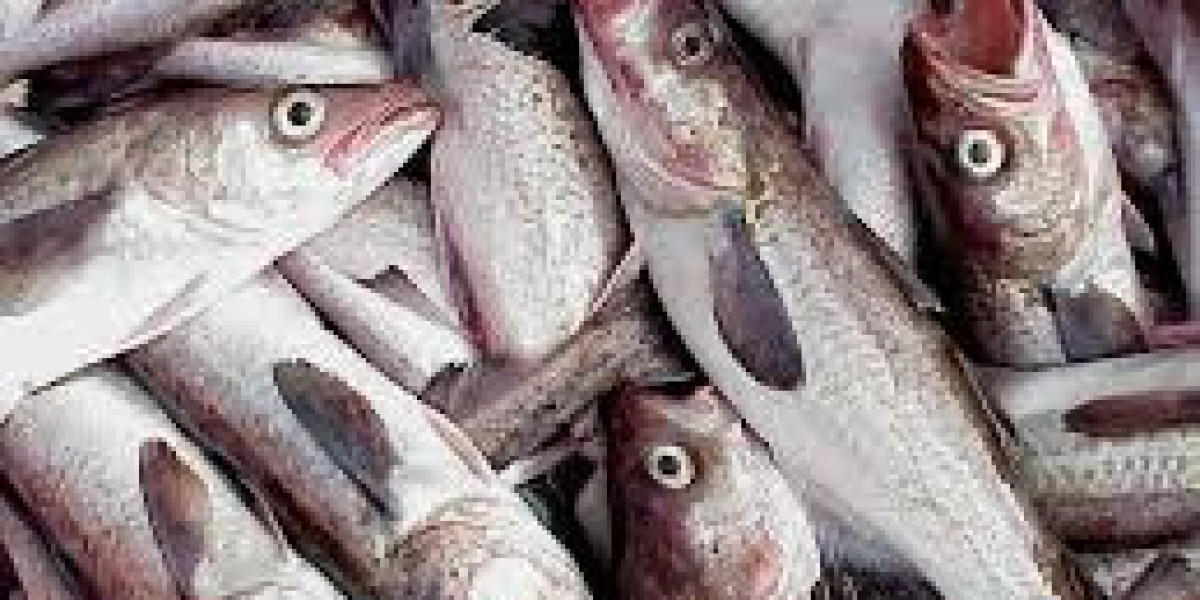Food safety is a critical concern for both consumers and manufacturers. Ensuring that food remains safe, uncontaminated, and fresh throughout its shelf life is paramount. Metal food packaging containers play a vital role in food safety, offering protective properties that prevent contamination and spoilage. From blocking harmful elements to ensuring a sterile environment, metal packaging has proven to be one of the most reliable materials for food storage.
Protection Against Physical Contamination
Strength and Impact Resistance
Metal containers are strong and durable, making them highly resistant to dents, punctures, and other forms of physical damage. This resilience minimizes the risk of contamination from external elements. Unlike more fragile materials, such as glass or plastic, metal containers can withstand rough handling and transport without cracking or leaking, which helps keep food sealed and uncontaminated.Barrier to Pests and Foreign Objects
Metal containers provide an impenetrable barrier against pests, such as insects and rodents, which can compromise the safety of food stored in softer materials like cardboard or plastic. Additionally, the solid structure of metal packaging protects food from foreign objects, preventing contaminants from entering the package. This feature is especially beneficial for food stored for extended periods, where physical security is crucial.
Protection from Chemical Contamination
Resistance to Corrosion and Chemicals
Aluminum and steel, the primary metals used in food packaging, are resistant to corrosion and do not react with most foods. Aluminum, for example, naturally forms an oxide layer that prevents rust and corrosion, while steel is often coated with a protective layer to prevent any reaction with food. These properties ensure that metal containers remain safe and stable, even when storing acidic or perishable foods.Non-Permeable to Harmful Substances
Metal is a non-permeable material, meaning it does not allow harmful substances like gases, chemicals, or pollutants to penetrate the packaging and contaminate the food. This impermeability is particularly important for sensitive or perishable foods, as it prevents chemical contaminants from reaching the contents. In contrast, some plastics can allow chemicals to migrate into the food, which can affect taste, safety, and quality.
Microbial Safety and Sterility
Compatibility with High-Heat Processes
Metal containers are ideal for high-temperature processing methods, such as pasteurization and sterilization. These processes kill bacteria and other microorganisms that could spoil food or pose health risks. Metal’s ability to withstand heat ensures that food can be safely sterilized within the container, extending shelf life and keeping the product safe for consumption. In contrast, some packaging materials, like plastic, may deform or release chemicals when exposed to high temperatures.Long-Term Food Preservation
Metal containers’ airtight seals prevent microorganisms from entering and thriving inside, creating a sterile environment. This quality is essential for foods that are stored for long periods, as it ensures food remains safe and fresh. For instance, canned vegetables, soups, and meats are packaged in metal containers precisely because they prevent bacteria and fungi from contaminating the food, allowing it to be stored safely for years.
Protection from Environmental Contaminants
Barrier to Light and Oxygen
Light and oxygen exposure can degrade food quality, affecting flavor, color, and nutritional content. Metal food packaging containers block out light and oxygen entirely, making them excellent for preserving foods that are sensitive to these elements. This barrier is essential for items like oils, beverages, and canned goods, as it prevents oxidation and other processes that could spoil the food.Moisture Protection
Metal containers are highly effective at keeping moisture out, which is crucial for preventing mold growth and spoilage in dry or long-lasting products. For example, powdered food products, such as coffee or baby formula, benefit from the moisture-proof quality of metal packaging, as it prevents humidity from impacting the product’s texture, taste, and safety.
Food Safety Regulations and Compliance
Quality Control Standards
Metal packaging manufacturers adhere to strict quality control standards and regulations to ensure that containers are safe for food storage. This includes testing for corrosion resistance, airtight seals, and structural integrity. Regulatory bodies monitor these processes to ensure that metal food containers meet food safety requirements, providing peace of mind to consumers and food manufacturers alike.Safe Coatings for Added Protection
Some metal containers have protective coatings on the inside, which add an extra layer of safety. These coatings prevent any potential reaction between the food and the metal. Today, innovations in food-safe coatings include plant-based or biodegradable materials that not only ensure food safety but also support environmental sustainability. The coatings are designed to be stable and non-toxic, further minimizing the risk of contamination.
Comparison with Other Packaging Materials
Metal vs. Plastic
While plastic is commonly used in food packaging, it is often less effective at preventing contamination compared to metal. Plastic containers can be permeable to chemicals and odors, which may compromise food safety. Additionally, plastics are more vulnerable to environmental factors like UV light and high temperatures, which can cause degradation and contamination over time.Metal vs. Glass
Glass is another strong barrier material, but it is more prone to breakage and lacks the durability of metal. Metal containers are less likely to be damaged during transport or storage, which reduces the risk of contamination from a broken container. Additionally, glass is generally heavier and less practical for certain types of food storage, making metal the preferred choice in many cases.Metal vs. Paper
Paper is a poor barrier for most food items, as it does not protect against moisture, pests, or contaminants effectively. While it may be suitable for short-term or dry food storage, paper lacks the protective qualities needed for long-term food safety. In contrast, metal packaging provides superior protection across a wide range of food products.
Innovations in Metal Packaging for Enhanced Food Safety
Advanced Sealing Technology
Innovations in sealing technology have improved the airtightness of metal containers, ensuring an even stronger barrier against contaminants. These advancements help extend the shelf life of food products by providing a completely sterile environment, essential for both fresh and canned foods.Eco-Friendly Protective Coatings
In response to consumer demand for safer and more sustainable options, manufacturers are developing new types of coatings that are both food-safe and eco-friendly. These coatings enhance the safety and recyclability of metal containers, providing a protective layer that doesn’t introduce any toxic substances to the food.
Conclusion
Metal food packaging containers play a critical role in food safety, protecting against physical, chemical, microbial, and environmental contamination. With their strength, impermeability, and compatibility with high-heat sterilization processes, metal containers offer unmatched safety benefits for a wide variety of food products.
Innovations in sealing and coating technology further enhance these benefits, making metal packaging a reliable choice for food manufacturers and consumers focused on safety and quality. By safeguarding food from contaminants and maintaining freshness, metal containers remain a trusted and essential component in food packaging solutions.








